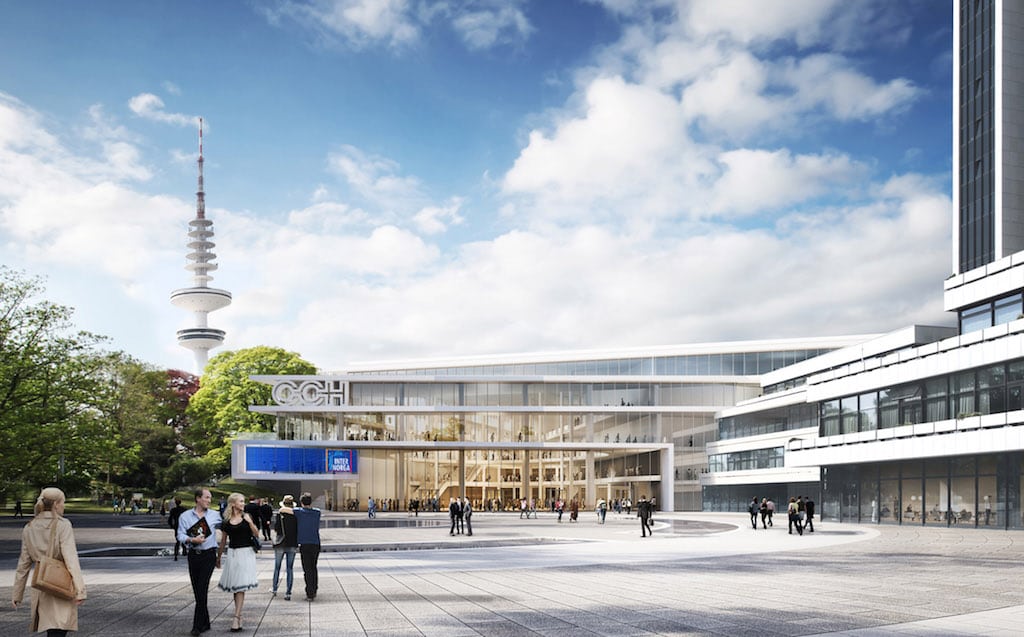Why Convention Bureaus Are Marketing Their Local Industry and Intellectual Capital

Skift Take
In an increasingly competitive market with a lot of quality product and emerging destinations, European convention bureaus are tapping their local knowledge economies to drive new business.
Wrapping up yesterday, the annual IMEX Frankfurt convention is the largest tourism industry buyer/supplier trade show for meeting, conference and incentive travel planners.
This year’s event was the biggest ever with more than 3,900 hosted meeting planner buyers participating in over 62,000 individual appointments with the global array of travel suppliers in attendance. Ray Bloom, chairman of IMEX Group, added that there were also “many new buyers from countries such as China, India, Brazil, Argentina, Egypt, and Israel at IMEX for the first time, making this the highest ever number of long haul buyers to attend the show.”
Also this year, there was a clear foundational shift in how leading destinations are beginning to promote their local knowledge economies equally on par with their meetings infrastructure. Especially prevalent among many of the European convention bureaus and destination marketing organizations (DMOs), the strategy leverages networks of local knowledge professionals to help attract meetings within their aligned industry sectors.
For example, the Hamburg Convention Bureau was able to successfully secure the annual IATA World Passenger Symposium in October this year because the city has formally developed a cluster of mobility and logistics companies based in the region around the port city. Executives from those companies now work together with the convention bureau to sell the destination to meeting planners who are sourcing destinations for large corporate and association events in the global transportation industry.
Driving this shift, it’s becoming more difficult for European DMOs to differentiate their destinations with the rise in the overall quality of convention centers, hotels and urban infrastructure in first and second tier cities. Compounding that, the raft of emerging convention destinations from Budapest to Krakow, and the growing demand from attendees seeking new destinations like them, is also slimming the traditional competitive advantage among major metros.
This idea of DMOs clustering their local knowledge professionals in a region, and packaging them as ambassadors to attract specific industry events, was first formulated by DMOs like the German Convention Bureau (GCB) about four years ago. Although, it’s taken considerable time for the individ
